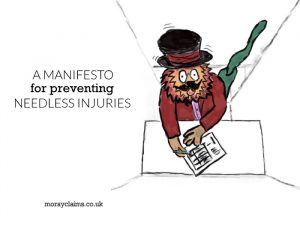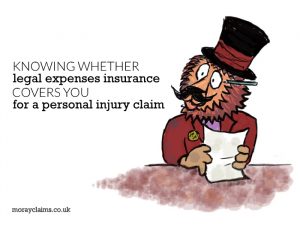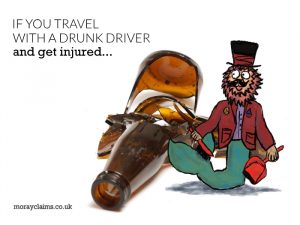How many accidents are there in the UK each year which cause injury to people? One estimate is 1.6 million – totalling up harmful incidents across workplaces, hospitals and on the roads. (There were 560,000 casualties on the roads in 2018). All of these are preventable injuries. Yet they can have permanent, life-changing consequences not just for the injury victims but also for their families. On the other side of the picture, the wrongdoer who caused the injuries – an employer, the NHS, a business, a local authority – can suffer damage to reputation as well as financial cost. Every year, the Association of Personal Injury Lawyers (APIL) hosts Injury Prevention Day. It encourages us all to think about ways we can adjust our conduct to minimise the risk of harm to others (e.g. avoiding tailgating the vehicle in front if we are driving). Everyone has a part to play in reducing accidental injuries but, for maximum effectiveness, the lead has to come from government. It is our Continue Reading
Knowing whether Legal Expenses Insurance covers you for a personal injury claim
We thought it might be helpful to analyse a clause from a legal expenses insurance (LEI) policy relating to cover for making a personal injury claim. It’s just one type of clause out of many in a LEI policy but it is a foundational one relative to personal injury claims. What is LEI? LEI is one way to insure yourself against the risk that a personal injury compensation claim you make might fail in such a way that you could be responsible for the costs (legal expenses) of your opponent. Typically, that can only happen if you get to the stage where you have to raise a court action to pursue your claim – so legal expenses insurance is insuring you against the risk of losing your claim in court. While it is possible to buy LEI as a standalone policy, most LEI policies are added to home or car insurance as an optional extra. LEI policies bought ‘before the event’ (BTE) protect policyholders in case legal action has to be brought or defended in the future. This type of policy would be Continue Reading
How to avoid throwing money away on your personal injury claim
Scottish solicitors’ firms have to do formal risk management training every year. This is particularly to minimise the risk of making mistakes which might mean we end up getting sued because of losses we might cause to our clients. We had a recent session in our Elgin office where the “system” to assess risks in our work on a daily basis was summarised as: Stop and think Do as you have been told (i.e. we have a lot of systems and procedures already for managing risk) Repeat one and two Everything looks clear with hindsight. You want to avoid looking back on things with regret, if possible. It can be especially annoying if, due to not “stopping and thinking”, you make a silly error which results in a loss to you personally or to your workplace. It’s a bit like that with personal injury claims and, from our perspective, there is an avoidable mistake many injured people make at the start of their personal injury claim. It causes financial loss to them. It’s not obvious, though, Continue Reading
If you travel with a drunk driver and get injured
If you travel with a drunk driver and get injured due to their bad driving, does that mean you can’t claim? A September 2019 poll commissioned by Glasgow-based solicitors, Dallas MacMillan, indicated that two-thirds of those polled believed that if you agree to be a passenger in a car driven by someone you know is under the influence of alcohol, you won’t be able to claim compensation from the driver if they crash the car and you’re injured. This 66% (or so) majority are mistaken in their understanding of the law. People injured in such circumstances can claim successfully – and you may be surprised by how fully they can claim. We agree that travelling with a driver who is under the influence is a very bad idea. On the other hand, you should not lose sight of the fact that passengers in vehicles very rarely have no compensation claim available to them if they are injured in an accident. In this article, we’ll look at the law on accidents involving passengers in vehicles driven Continue Reading



